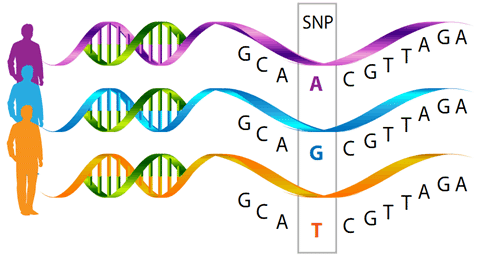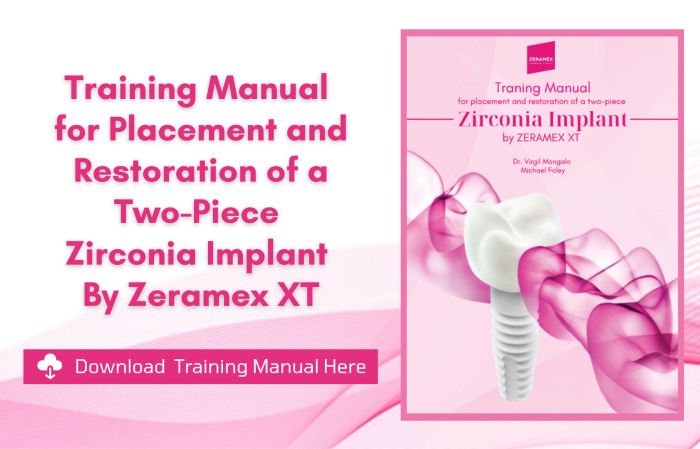Abstract
This study evaluates diagnostic markers to predict titanium implant failure. Retrospectively, implant outcome was scored in 109 subjects who had undergone titanium implant surgery, IL1A -889 C/T (rs1800587), IL1B +3954 C/T (rs1143634), IL1RN +2018 T/C (rs419598) and TNFA -308 G/A (rs1800629) genotyping, in vitro IL-1β/TNF-α release assays and lymphocyte transformation tests during treatment. TNF-α and IL-1β release on titanium stimulation were significantly higher among patients with implant loss (TNF-α: 256.89 pg/ml vs. 81.4 pg/ml; p<0.0001; IL-1β: 159.96 pg/ml vs. 54.01 pg/ml; p<0.0001). The minor alleles of the studied polymorphisms showed increased prevalence in the implant failure group (IL1A: 61% vs. 42.6% in controls, IL1B: 53.7% vs. 39.7% in controls, TNFA: 46.3% vs. 30.9% in controls, IL1RN: 58.5% vs. 52.9% in controls). Increasing numbers of risk genotypes of the studied polymorphisms were associated with an increasing risk of implant loss, suggesting an additive effect. Multiple logistic regression analysis showed positive IL-1β/TNF-α release assay scores (p<0.0001, OR=12.01) and number of risk genotypes (p<0.046, OR=1.57-6.01) being significantly and independently associated with titanium implant failure. IL-1/IL1RN/TNFA genotyping and cytokine release assay scores provide prognostic markers for titanium implant outcome and may present new tools for individual risk assessment.

